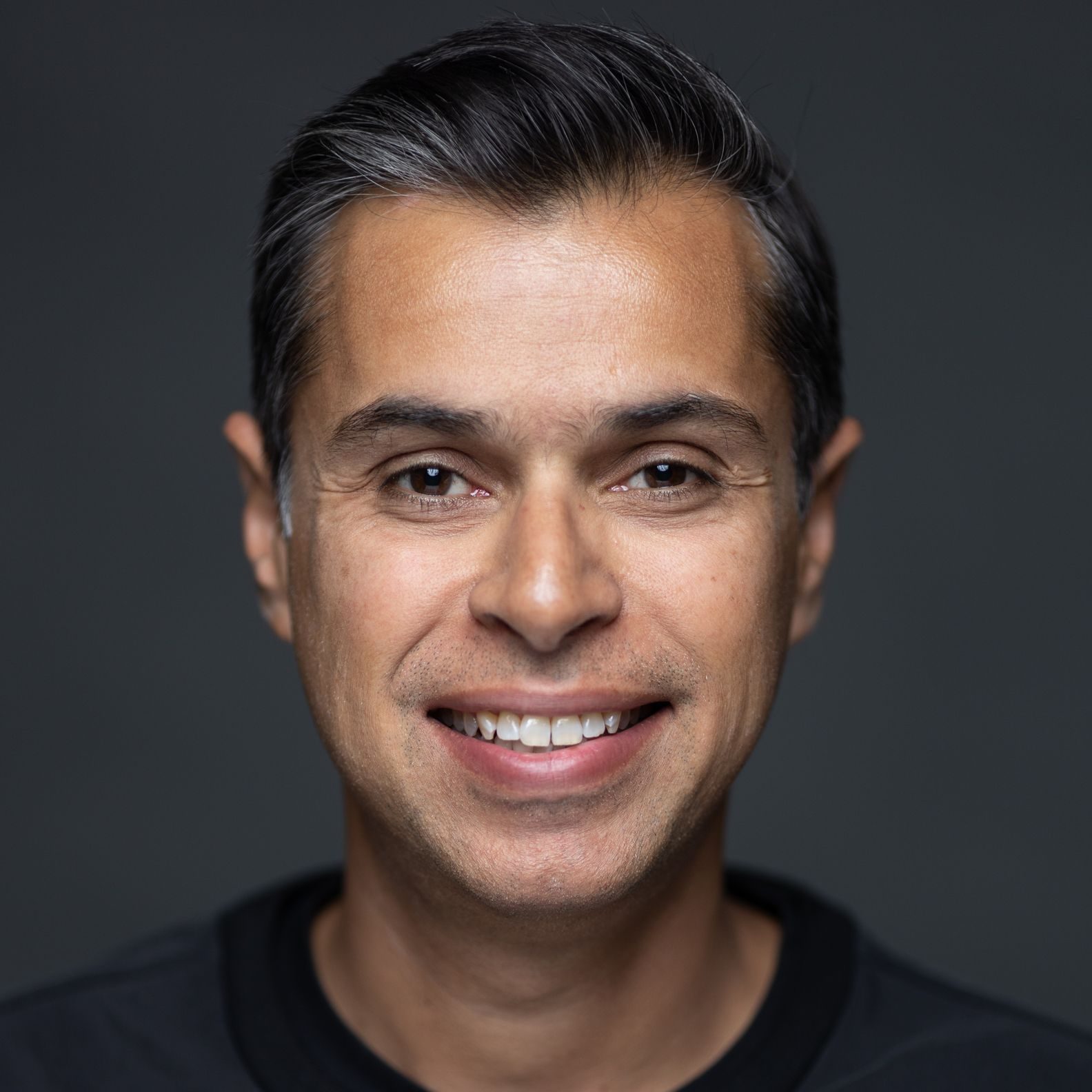Rakesh Malhotra September 6, 2022
One of my favorite parts of my role here at Nuvalence is interviewing prospective Nuvaliens. I’ve conducted thousands of interviews throughout my career, and it’s a skill that I’m always trying to improve. It’s the most important thing I do for our firm because, without great Nuvaliens, we can’t produce the unreasonable outcomes that our clients expect.
Either I or one of my partners within the firm typically conduct the last interview that a candidate has as part of their loop before being presented with an offer. The interview has two main purposes:
- Enable a senior leader to assess how well the candidate would fit within our organization (which has some unique dynamics)
- Empower the candidate to ask questions and assess a senior leader’s perspective on our strategy and goals
I thought I’d share some of my thoughts on how I approach these “partner interviews.”
Make the Candidate Comfortable
This isn’t about starting an interview with small talk. The asymmetry of power during an interview can distort the interaction to the point where candidates feel like they’re putting on a performance rather than having a conversation. I try to reverse this dynamic by asking questions about topics that the candidate knows much more about than I do (based on their resume and presented experiences). Instead of feeling interrogated, the candidate becomes the teacher, and I become the student (boom! asymmetry reversed!). Moreover, demonstrating that they can teach a topic is an excellent way to assess the depth of the candidate’s understanding.
There is an alternative school of thought that says, “Put candidates under maximum pressure to see how they react and test them.” In my experience, this is mostly about making the interviewer feel even more powerful and results in missing out on many great candidates.
Use Proxies to Understand What Candidates Value
While imperfect, an important predictor of future performance is past performance. At Nuvalence, we use lots of “Give me an example of a time you had to…” style questions, but I’ve found another technique also to be effective – using proxies. The qualities that candidates admire in others are very likely to be valued by them as well. Typically, candidates are also much more comfortable (there’s that word again!) evaluating great qualities in others rather than talking about themselves. Some example questions I like to use include:
- “Who is the most impressive engineer or product manager you’ve ever worked with? What made that person exceptional to you?”
- “Who is the best hire you’ve ever made and why?”
- “What was the best team culture you’ve ever been around and why?”
- “Who has helped you most in your career and how?”
- “Who did you look up to on your previous team and why?”
This gives me a view into not only what the candidate is like today but also what they aspire to become over time as they grow. We value ambition and a “growth mindset” in Nuvaliens.
There is an alternative school of thought that says, “Put candidates under maximum pressure to see how they react and test them.” In my experience, this is mostly about making the interviewer feel even more powerful and results in missing out on many great candidates.
Be Transparent about Concerns
The goal of the interview is to make as accurate an assessment as possible. Getting the candidate’s view of our assessment of them and their assessment of us makes that more likely.
Many times, a candidate has done great, but we have some nagging concerns. It can be uncomfortable, but I’ve found it’s best to simply present those concerns to candidates transparently and have them react to the feedback. It could be that the candidate agrees with the concerns, and it’s just not a great fit. However, I can’t count how many candidates have said some variation of, “Oh, yeah, I can see why you might think that based on some of my answers. Let me spend some more time on this topic with you”. We’ve even had candidates that we turned down come back to us and say, “Hey, you guys were wrong on this assessment. Let me tell you why and how I’ll prove it.” We then hired them and were delighted to be proven wrong in our assessment.
Of course, we’ve also had candidates who, when presented with the feedback, validate our concerns or are defensive or combative. Here, it’s best that we both move on.
It’s equally important for us to get the candidate’s assessment of Nuvalence during the interview process. What concerns do they have? How has their opinion of Nuvalence changed throughout the interviews? Sometimes candidates have valid concerns about things that we simply can’t change based on the nature of our business. This might include timezone compatibility with clients, travel for in-person meetings and events, etc. In this case, even if we love the candidate, we’ll agree that it isn’t the right fit. Other times, concerns can be alleviated or may be due to miscommunication. Once we resolve this head-on during the interview, it puts the candidate and us in a position to move forward confidently. We want Nuvaliens to join fully energized and excited, not cautiously optimistic.
Hopefully, some of this advice helps you grow your organization or gives you a sense of what to expect if you’re considering going through an interview loop with us. We’re always hiring.

